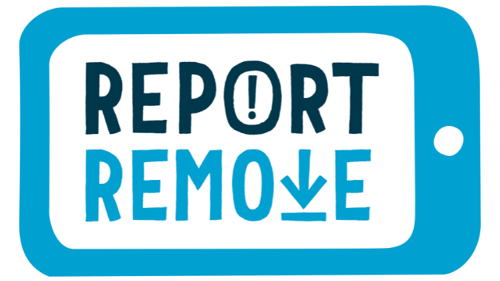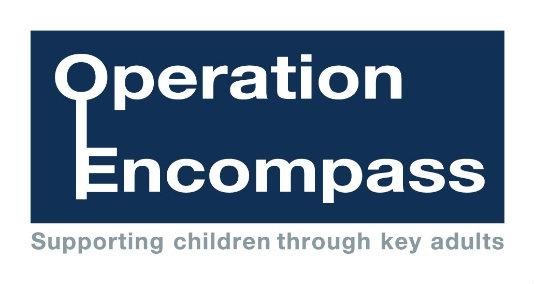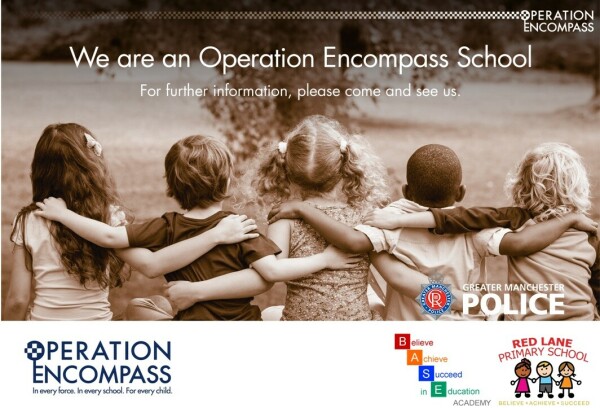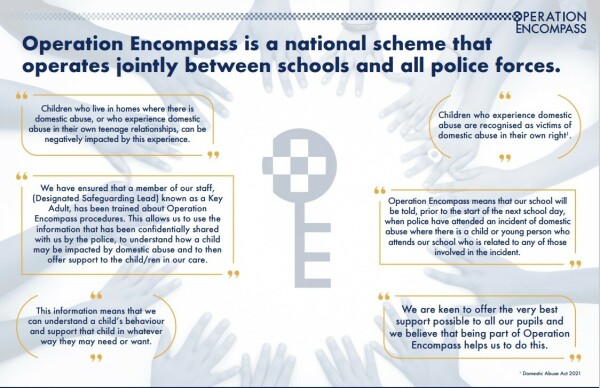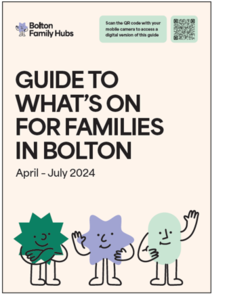Safeguarding
At Red Lane Primary School, the welfare of every child is paramount. This school is committed to safeguarding and promoting the welfare of children and young people and expects all staff and volunteers to share this commitment. We strive to ensure that all pupils remain safe and free from harm and we are committed to playing a full and active part in the multi-Agency response to Child Protection concerns. We recognise that we are an important part of the wider safeguarding system for children and young people. All staff understand their responsibility to safeguarding and promoting the welfare of children and young people. Staff are responsible for their own actions and behaviour and should avoid any conduct which would lead any reasonable person to question their motivation and intentions. Staff should work, and be seen to work, in an open and transparent way. Our Child Protection and Safeguarding arrangements provide guidance to staff who may have concerns about the safety or welfare of a child or young person and sets out our position in relation to all aspects of the Safeguarding and Child Protection process.
Safeguarding Team
Mr Hudson (Assistant Headteacher) - Head of Inclusion and Designated Safeguarding Lead
Miss Regan - Deputy Designated Safeguarding Lead
Mrs Barlow - Safeguarding & Children Looked After Officer and Attendance Officer
Mrs Gregory - Designated Teacher for Looked After Pupils
Within our school, all staff have Level 1 safeguarding certification. In addition to the Safeguarding Team, the following staff are also trained in Level 3 Safeguarding:
-
Mrs Driver (Head of School)
-
Mrs Whittaker (CEO BASE Academy Trust)
-
Mrs Gregory (SENCo)
-
Miss Moran (Officer Manager)


